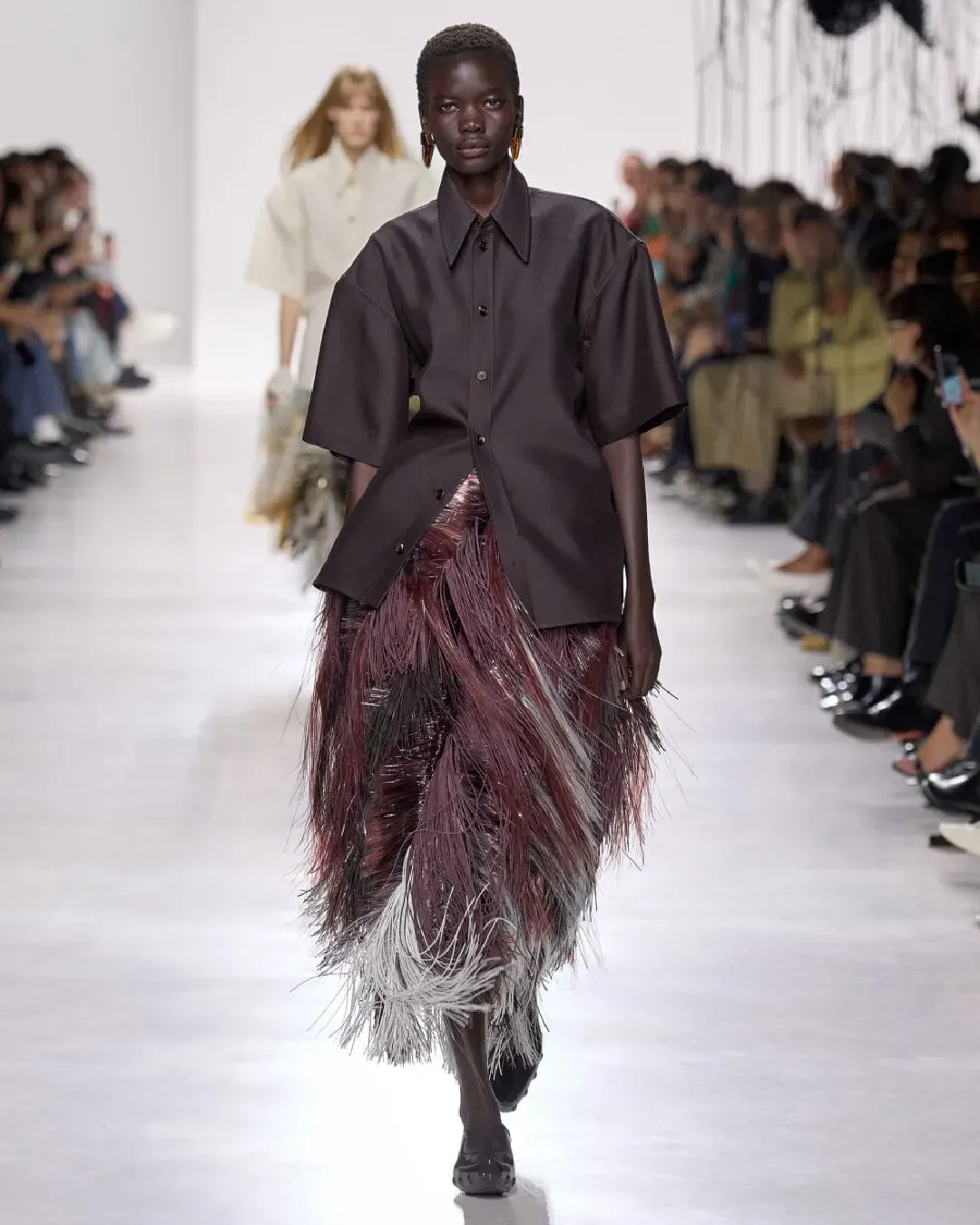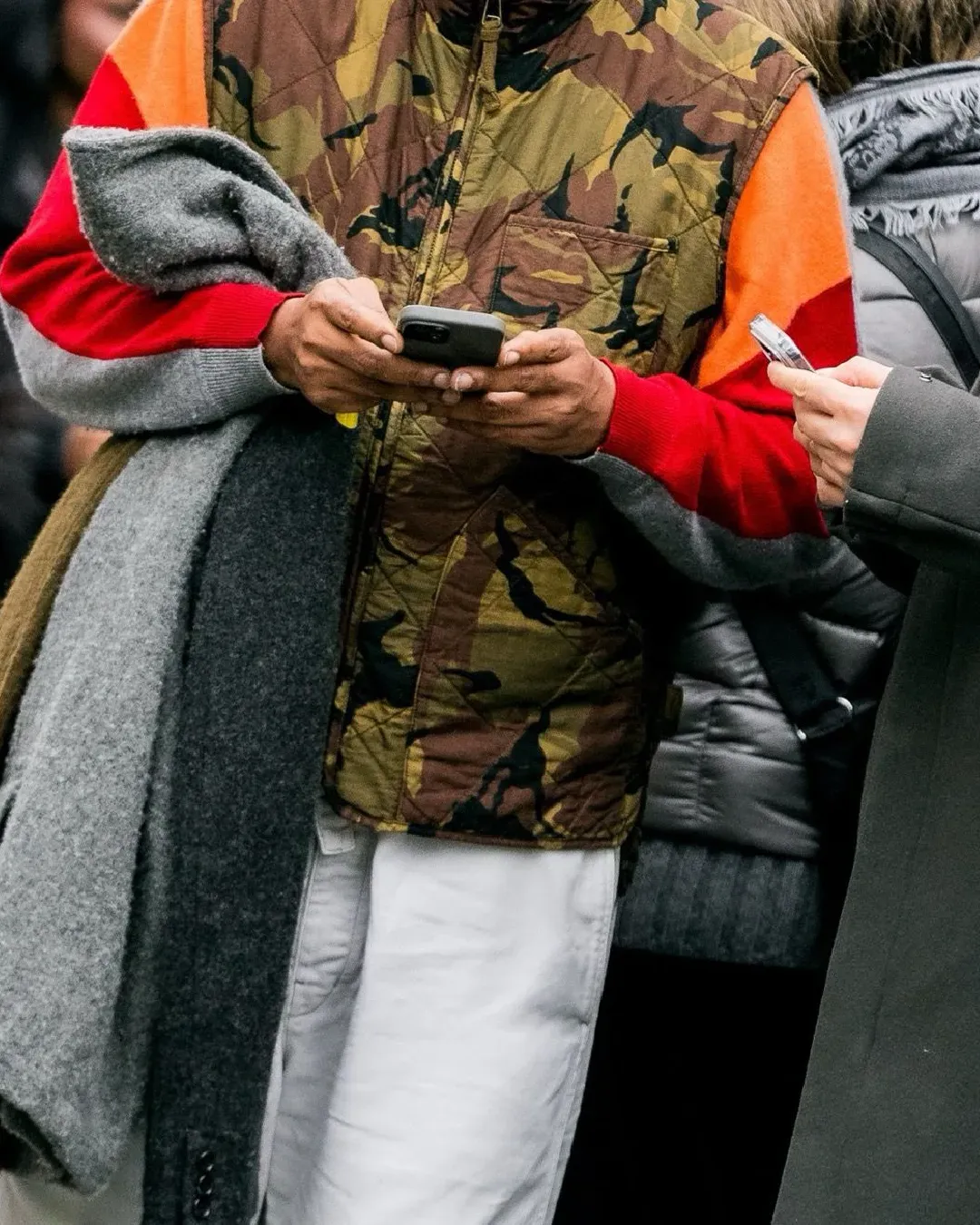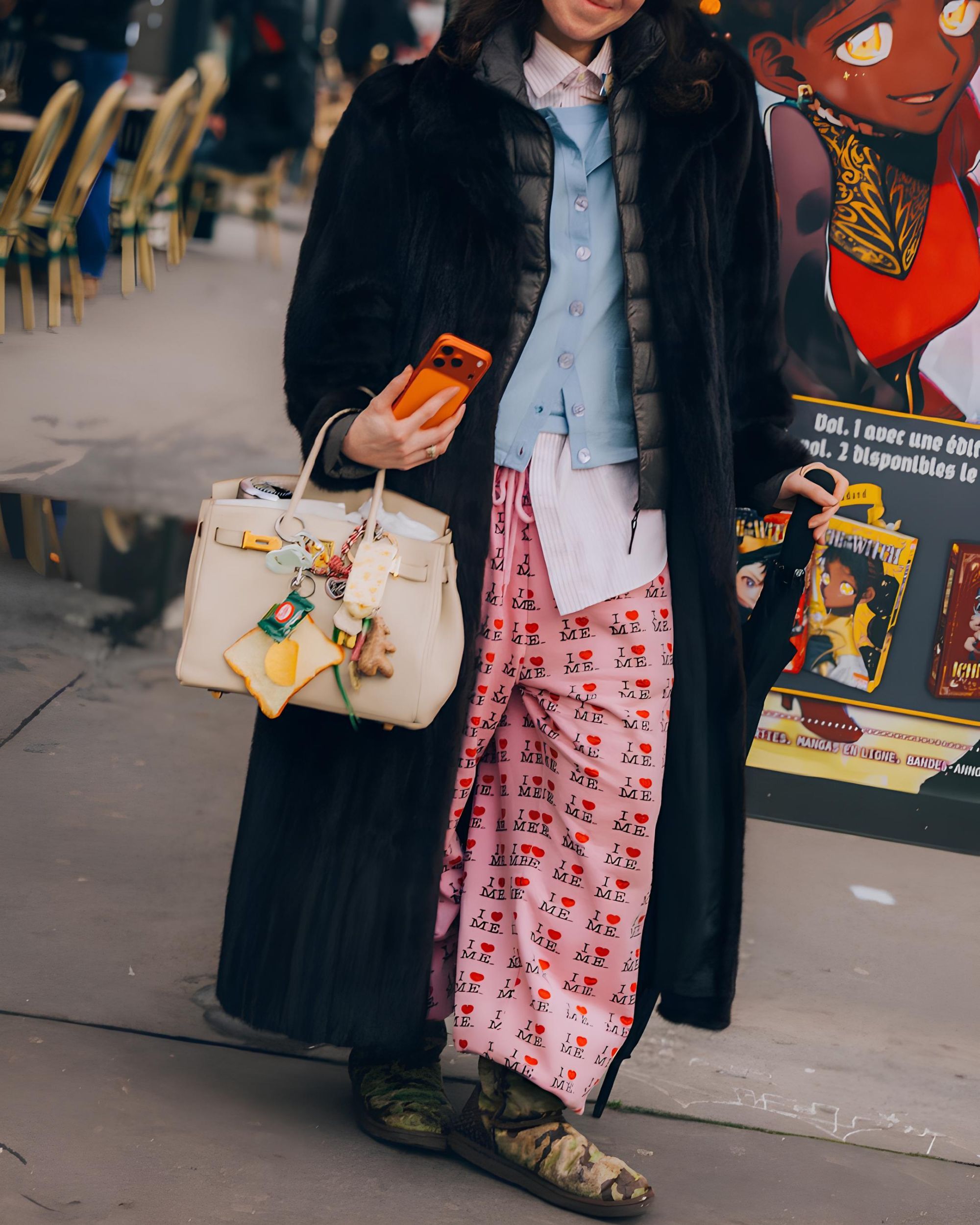
Influencers that didn't make it Several creators spoke of their "failure" on TikTok, telling of a job that is really not for everyone
One of the main distinguishing features of TikTok and one of its greatest assets is its ability to narrate the behind-the-scenes (of fashion, film, business, and everyday life) while knowing how to set aside its more glamorous side. While on the one hand Bytedance's platform has not only seen the proliferation but has actively contributed to the growth and success of hundreds of influencers of all kinds, it's also on TikTok that several creators have begun to talk about their "failure," telling of how they have failed to make content creation their actual job.
One of the first to address the topic was Ileen Bajo, who posted a video titled I Failed At Being An Influencer in mid-April. She described the financial difficulties associated with choosing to leave her office job to pursue a career as a full-time fashion influencer. Bajo criticizes the policies of several brands, which instead of paying a fee to the creators they collaborate with prefer to send free products and merch while forgetting that "a T-shirt does not pay a rent." Despite her passion for the industry, Bajo reveals her intention to look for a second job, thus trying to continue on the path of content creation with her shoulders a little more covered.
@ileenbajo i never thought i’d have to do this but you do what you gotta do
original sound - ileenbajo
The British creator was echoed by Melissa Tovar, who in a similarly-toned video recounted the first time she had had to put aside the idea of working as a full-time influencer, drawing up a complete list of all the side jobs she had to take simultaneously to make ends meet. Tovar admits that it was through perseverance, of posting every day for years, of getting to know the mechanics of social platforms thoroughly, that she began to see results. At the end of the day, it's a long process what it takes to get to a point where one can say to work as an influencer, and not everyone has the means to support themselves in the meantime.
@xomelissatovar I can feel myself getting teary eyed while making this bc it truly was such an emotional journey. @ileenbajo original sound - Melissa Tovar
Beyond the fact that ironically, the video confessions of the above-mentioned creators have generated excellent views and likes for both of them, as well as comments of great encouragement, it's peculiar that two years after the outbreak of the pandemic, a moment that revolutionized the workplace, we start talking about missteps and failures. The so-called 9 to 5, the classic office job, on TikTok has found heated supporters and great demonizers, between those who admit they are not career-driven and those who saw the health emergency as the right time to change their lives, leaving a traditional job and opting for another path. The proverbial leap of faith for many coincided with a not-so-pleasant clash against an unapologetic reality: not everyone can make a living from content creation. It's not a matter of content quality, creativity, point of view, or target audience, but simply, of overcrowding.
Almost exactly ten years after the professional figure of the influencer was born, to make it today you need to stand out from the crowd and have something to say, whether on TikTok or any other platform. For every Addison Rae, or Emma Chamberlain, or whomever, that arrives on the red carpet at the Met Gala there are thousands of kids talking or dancing in front of a camera in their own room, hoping and aiming to experience the same upward parabola, in a wild competition typical of the job market.
It's also interesting that the conversation about the failure of the dream of becoming an influencer started on TikTok, a social network where one sees everything and its opposite, in a constant game of mirrors in which it's difficult not to lose track. The juxtaposition of viewpoints and perspectives is constant and radical: there are those who show their depression, anxiety, and burnout, and immediately afterward those who proudly recount a busy day between the gym, meetings, and dinners with friends. There are those who leave big companies and law firms and those who start internships in a bank, everything is polarized and extreme, it seems that for every issue, even the smallest, one has to choose sides, and what opinion to have. Productive or lazy, happy or depressed, lonely or sociable, there are no gray areas, indecisions, missteps. That same space that had promulgated the idea that becoming an influencer was easy and profitable - through videos with tips, tricks, and advice - is also the place where that myth is debunked, where its dangerous insidiousness is exposed. Because if TikTok shows us the behind-the-scenes, it's also capable of showing us the unpaid bills of those who failed to make content creation a real job.





















































